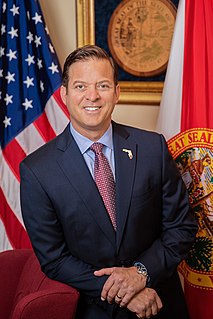A Quote by Emma Hayes
But I'm grateful for everything I've got and I think that's part of my working-class background.
Quote Topics
Related Quotes
I think one of the main differences between being an English actor and being an American actor is that we have things like the class system in England.I'm middle class. But I've got what some people might consider to be a working-class accent, so you've got those sorts of elements in this country to consider, which, in America, exist, but not necessarily in the same way.
By the end of the semester [in the high school] I was the only one up in front of the class everyday. Actually I could have passed the class four times over because every time you got in front of the class you got extra credit.That was the only class I got an A in and it was the funniest report card because it read Speech - A but everything else was just D, D, D, D.



































